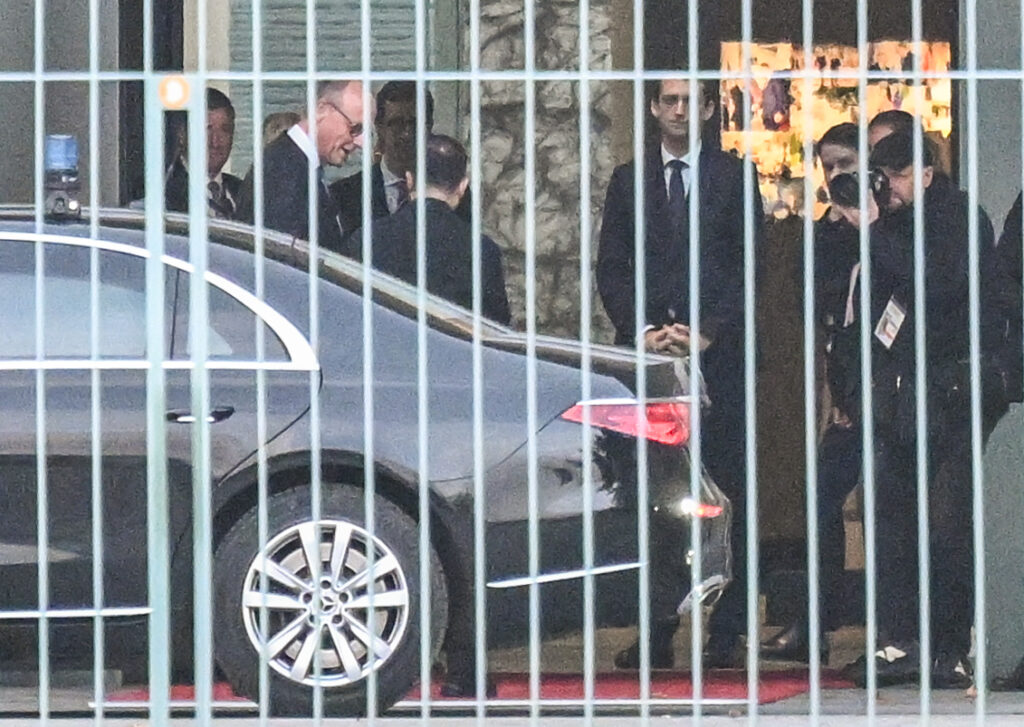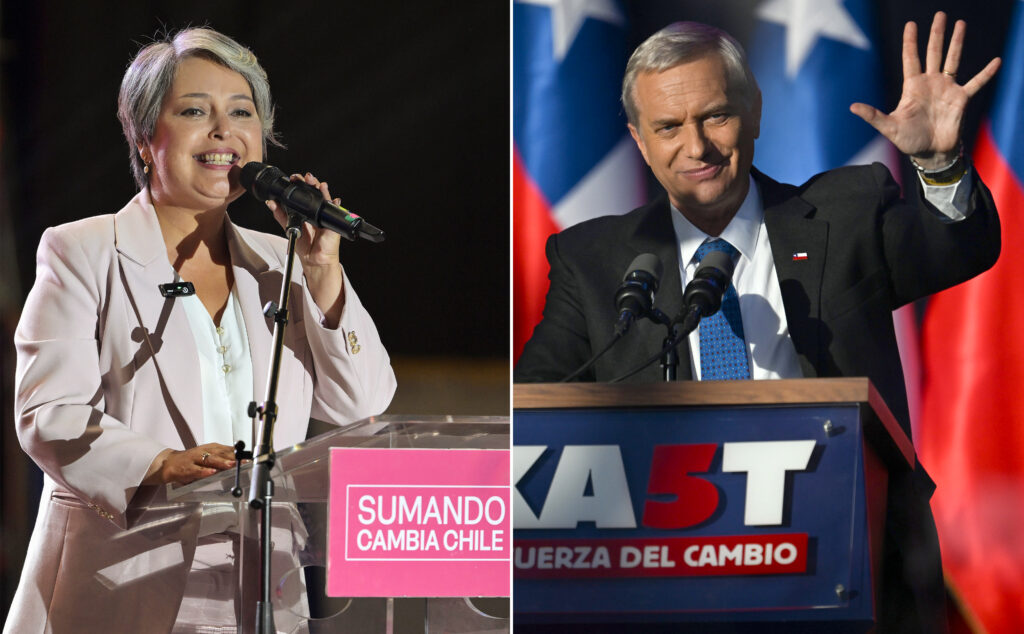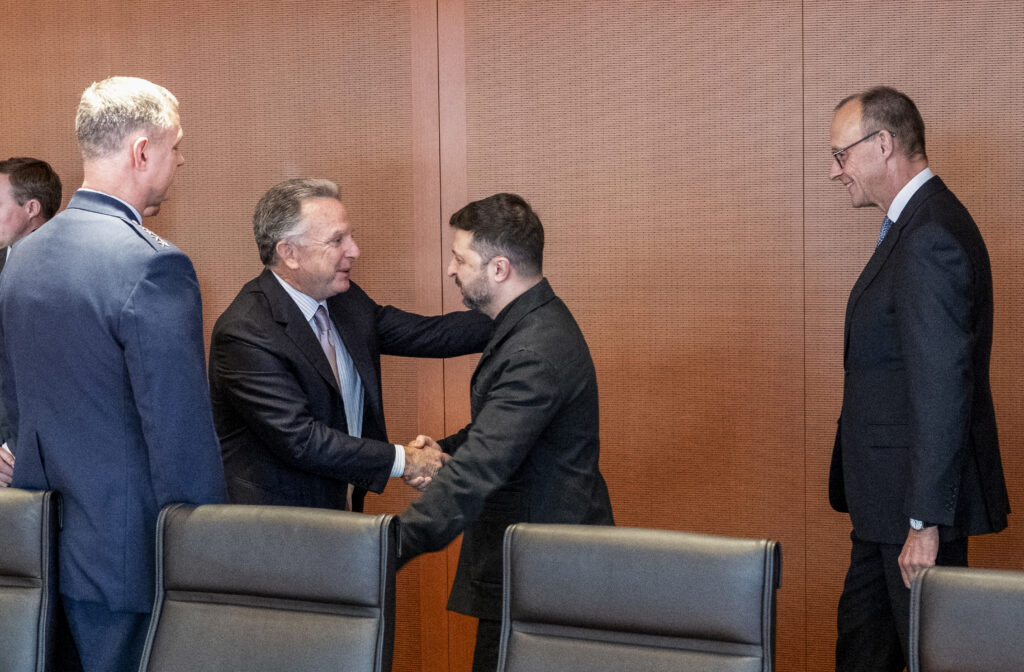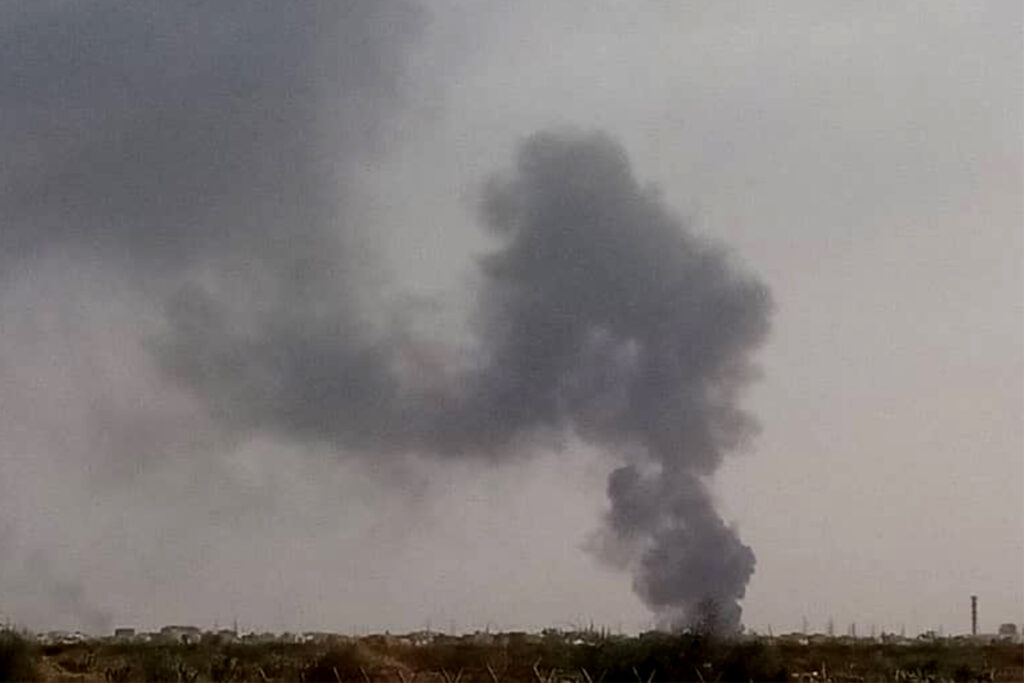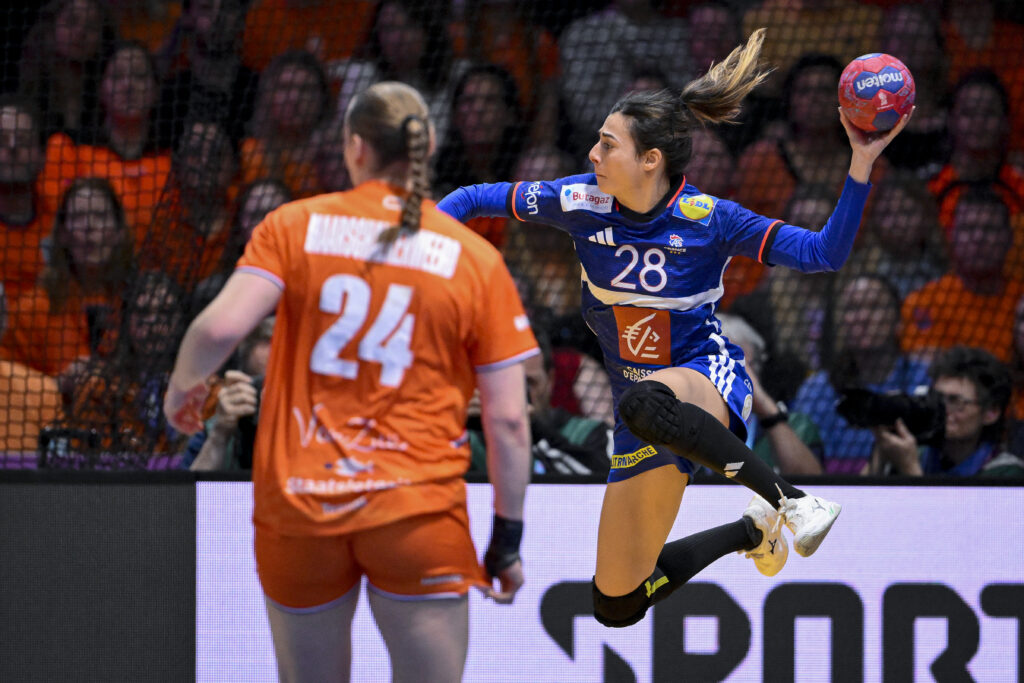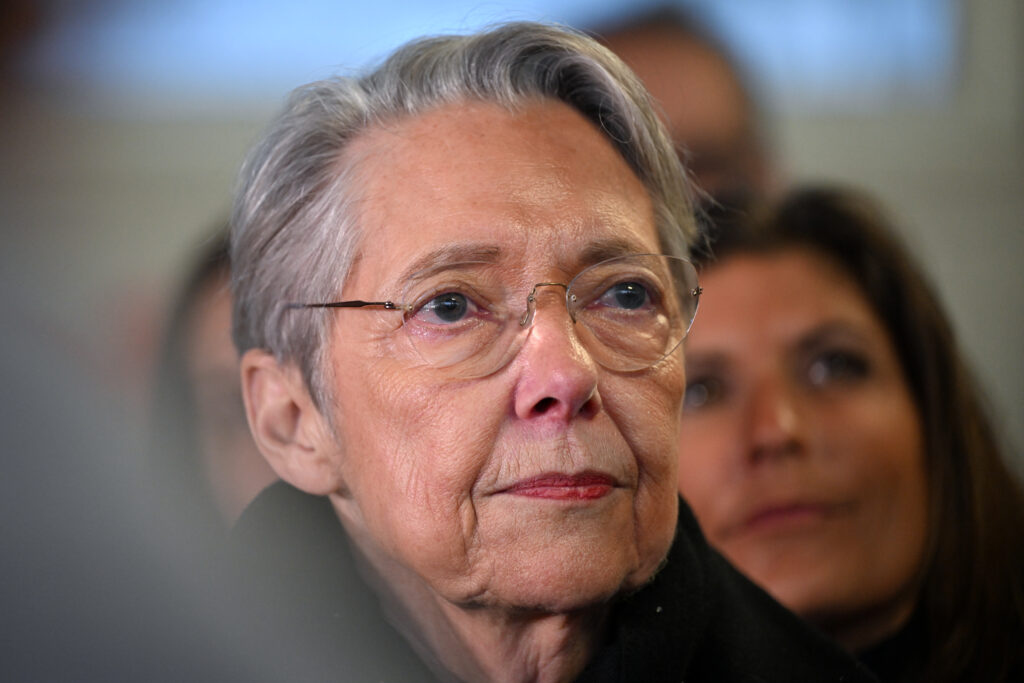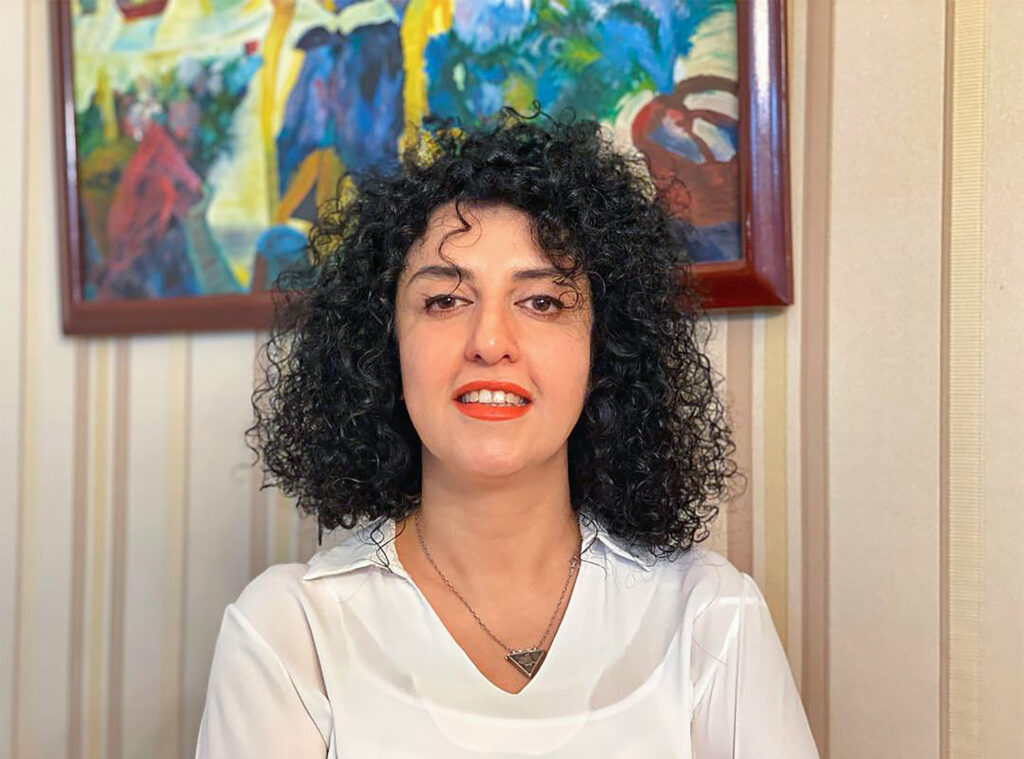Ligue 1: Sulc délivre Lyon face au Havre
Un but du Tchèque Pavel Sulc a offert la victoire à Lyon face au Havre (1-0) dimanche à domicile, lors de la 16e journée de Ligue 1, un résultat qui permet à l’OL de s’accrocher au Top 5.L’Olympique lyonnais, également en tête de la phase de ligue de la Ligue Europa, devance Rennes à la différence de buts (+6 contre +3). Le HAC descend à la 15e place.Ce court succès suffit au bonheur de l’équipe rhodanienne marquée physiquement par son match contre les Néerlandais de Go Ahead Eagles gagné jeudi (2-1) et l’accumulation de rencontres pour un effectif manquant de profondeur.L’entraîneur Paulo Fonseca avait ainsi peu de solutions pour opérer des rotations face au Havre avec les indisponibilités de l’Américain Tanner Tessmann (blessé) et de l’Anglais Ainsley Maitland-Niles (suspendu).Cette cinquième place en Ligue 1 avant la trêve est une satisfaction compte tenu des restrictions budgétaires imposées cet été par la DNCG, le gendarme financier du football français qui avait dans un premier temps rétrogradé le club en Ligue 2 avant qu’il ne soit repêché.”Etre dans les places européennes et en tête en Ligue Europa à mi-saison est vraiment positif surtout après avoir perdu cet été des joueurs offensifs décisifs comme Alexandre Lacazette, Georges Mikautadze, Rayan Cherki, Thiago Almada mais aussi Malick Fofana resté au club mais qui s’est blessé. Et aussi, Ernest Nuamah en convalescence”, a rappelé Fonseca. Mais le directeur technique Matthieu Louis-Jean et son équipe ont su être malins dans le recrutement pour monter un effectif cohérent.A l’image de la signature de Pavel Sulc qui a donné l’avantage aux Lyonnais en début de seconde période en reprenant d’une tête plongeante un centre du Portugais Afonso Moreira (52).C’est le 6e but en Ligue 1 de l’international tchèque (18 sélections), arrivé cet été pour 7,5 millions d’euros en provenance de Viktoria Plzen (1ère div. tchèque). Il en a inscrit également un en Ligue Europa.En première période, Pavel Sulc aurait déjà pu ouvrir la marque mais sa frappe pas assez appuyée n’avait pas trompé le gardien Mory Diaw (44e).- Greif repousse un penalty -La première période a été assez peu animée, hormis une reprise de la tête de l’Uruguayen Martin Satriano sur la barre (2e) ou encore une tentative de Moreira de peu à côté (32e). Diaw a aussi arrêté une reprise de la tête du Néerlandais Hans Hateboer (42e).Le portier havrais s’est encore interposé sur une reprise de la tête de Corentin Tolisso (48e), avant que Morton, pourtant bien placé, n’envoie le ballon au-dessus quelques minutes plus tard (55e).Le Brésilien Abner a aussi été proche d’ajouter un deuxième but à la réception d’un corner (77e).A défaut de doubler la mise, l’OL a pu compter sur son gardien slovaque Dominik Greif, arrivé cet été de Majorque (1ère div. espagnole) pour 4 millions d’euros, qui a été l’autre homme clé du succès lyonnais.Il a repoussé un penalty tiré par Issa Samaré accordé pour une faute de Morton sur Gautier Lloris, avant que Samaré ne manque le cadre sur sa reprise (38e).Il a également été décisif sur un tir d’Ally Samatta qu’il a renvoyé du pied (68e) sauvant l’OL de l’égalisation comme il a détourné un tir de Noam Obougou-Jacquet (81e).

